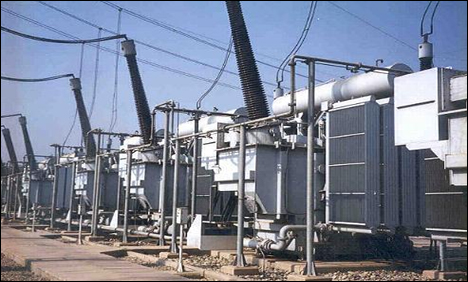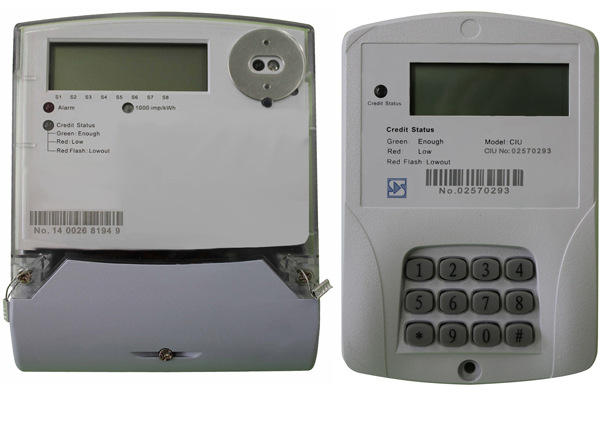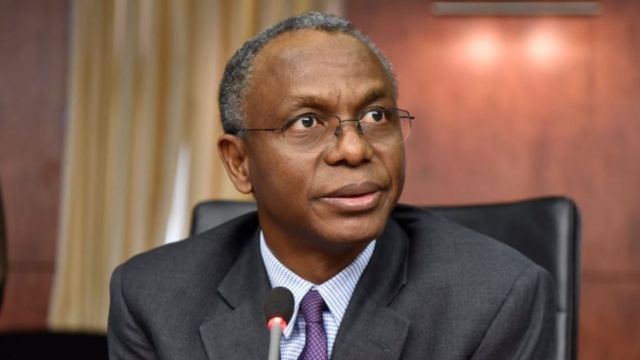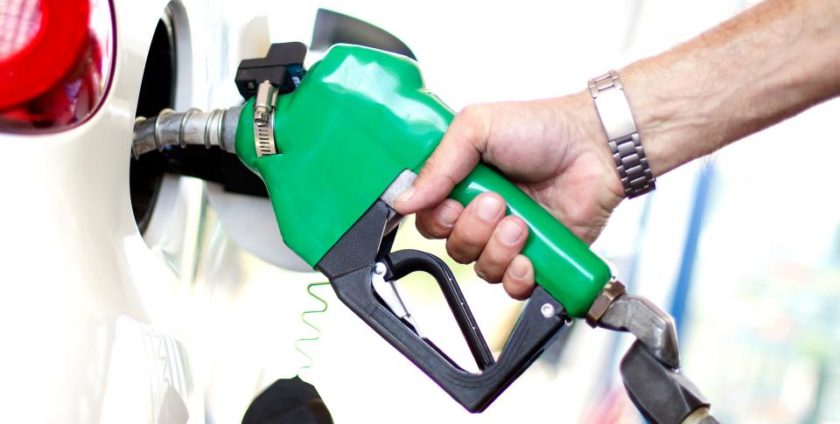Electricity Tariff Hike Coming As FG Plans N2.4trn Investment
If current calculations by federal government scale through then there could be possible increase in electricity tariff perhaps July this year as government considers options to revive the ailing power sector by injecting $7.6 billion (about N2.4 trillion) in five years.
These details are contained in the Power Sector Recovery Plan (PSRP), a document formulated in March by the Office of the Vice President and the World Bank Group.
The Working Group for the implementation is being coordinated by the SSA to the President on Power at the Office of the VP, Damilola Ogunbiyi, and the Lead Energy Specialist at WBG, Kyran O’Sullivan.
According to the document, government plans to recover the $7.6 billion fund by way of hiking the present electricity tariff outlined in the Multi-Year Tariff Order (MYTO) 2015.
It has therefore considered four options and the Working Group is making a decision on which of the hike options to adopt shortly.
The first tariff hike option is to freeze tariffs for all classes of electricity customers until July 2019. Although the present administration may have left office then, government still believes this decision will help it recover the N2.4 trillion ($7.6 billion it is sinking into the sector from now to 2021.
Option B of the PSRP is to hike tariffs for all classes of customers by January 2018. This it said will fetch about N1.7 trillion (about $5.4 billion) of the fund to be spent in the five-year period. However, a balance of $2.2 billion (N697.4 billion) may not be recovered within the period.
The third tariff hike option which is the most urgent is to increase tariffs in July 2017 (two months from now). This decision if taken will fetch the federal government about N1.3 trillion ($4.1 billion) to support the sector in the five-year period. Government may still have to contend with recovering $3.5 billion (N1.1 trillion) balance.
The fourth option is to hike tariffs by 50 per cent in July 2017 for industrial customers only. The non-vulnerable residential and low commercial customers will see the hike by January 2018 while the vulnerable ones (customers in the lowest class) will see a hike by July 2019. Government believes taking the decision could raise N2.3 trillion ($5.9 billion), leaving a balance of $1.7 billion (N538.9 billion).
The PSRP team’s survey tests these options to determine the support from the public and the political backings. The research shows that Option 3 of hiking tariff in the next two months to generate N1.3 trillion will have zero political and public support, but with high support from the $7.6 billion intervention funders (mostly African Development Bank, AfDB, and the World Bank Group).
Option 1 to generate N2.4 trillion will have medium political and public support, with low support from the funders. Option 2 which will fetch N1.7 trillion FG support will have low support from politicians and public and a medium from the funders; Option 4 (N1.9 trillion) tariff increase for industrial customers only will have medium political support and high support from the public and the funders (lenders).
Meanwhile, the Nigerian Electricity Regulatory Commission has said that the 198 days required for new buildings to be connected to electricity will be reduced to 30 days. This was part of the decisions at the 15th monthly meeting of the Minister for Power, Works and Housing, Mr. Babatunde Fashola, with operators of the power sector in Jos, Plateau State.
A communique issued at the end of the meeting said that NERC would soon release a regulatory order to that effect. It also reported that the 132kv lines from Makeri to Pankshin in Plateau State to Okpella in Edo State were expected to be switched on in August.
The communique said the Katampe 60 MVA substation had been restored, while the 40 MVA mobile substations in Damboa in Borno State had also been restored on May 7. It decried the lack of corporate governance by Discos, which failed to provide audited accounts and improved services.
The communique expressed regrets for failure of some Discos to provide meters to customers as well as network investment inconsistencies. The meeting also noted the failure of Discos to remit repayment obligations on debts owed to the Nigerian Bulk Electricity Trader.




